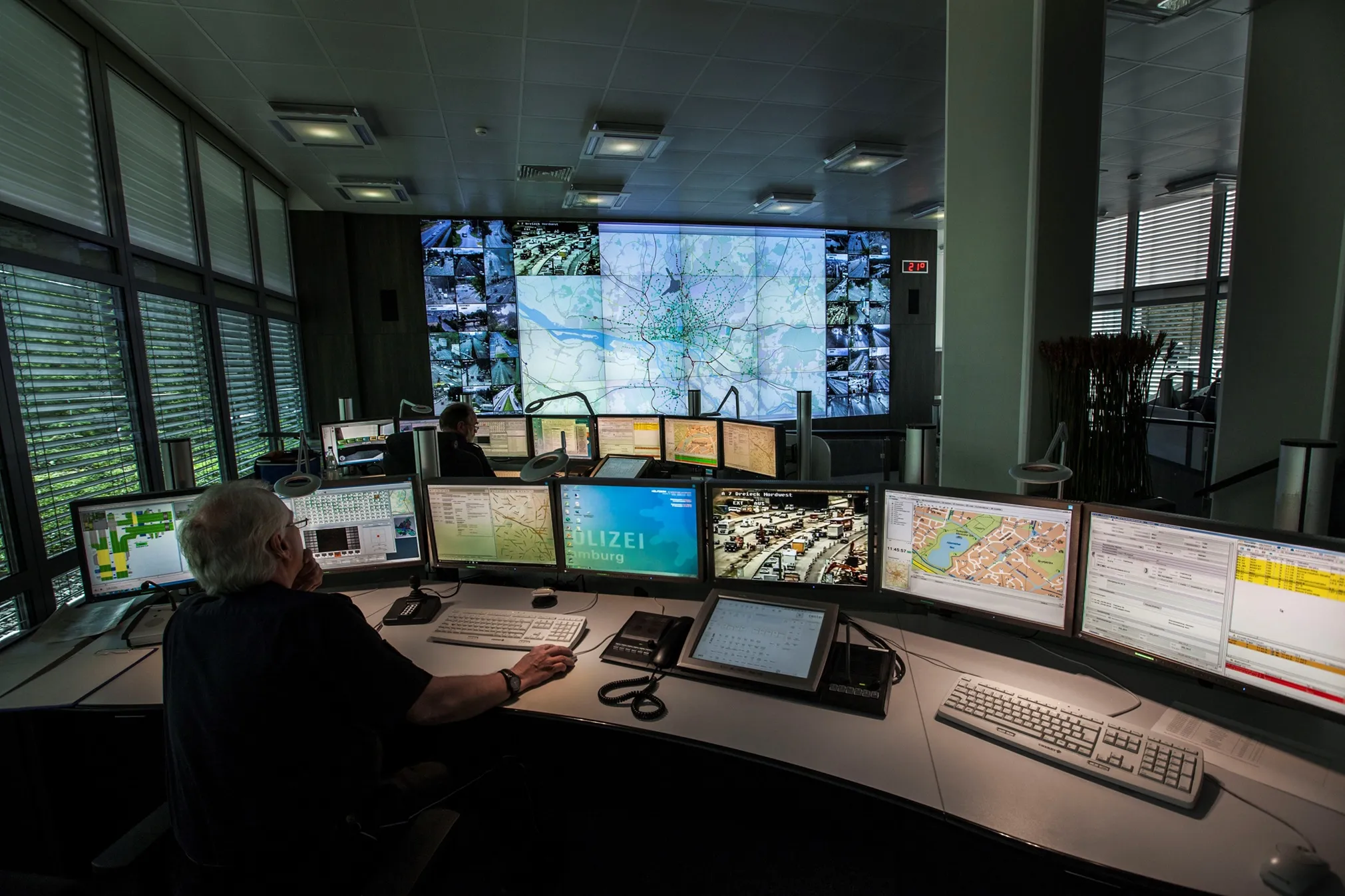The Netherlands is to make a substantial investment in new forms of smart mobility, including real-time travel information and innovative forms of traffic management.
Infrastructure and Environment Minister Schultz van Haegen and twelve regions are allocating more than US$74 million for intelligent transport systems (ITS) until 2018.
A total of nine projects are being set up in the regions to deploy new services and gain practical experience with the latest technology, with the aim of providing drivers with personal, real-time and location-dependent information.
The Groningen-Assen, Arnhem-Nijmegen and Midden-Nederland regions, together with the Amsterdam Metropolitan Area are collaborating with Ahold on a tool to improve supermarket logistics by enabling smart heavy goods transport, in an effort to reduce daily lorry traffic in the regions. The region of Brabant and Noord-Holland is also rolling out a project to reduce the build-up of traffic due to incidents.
Projects are also being set up on connected and cooperative intelligent transport systems, travel information services, the setting of new standards and the sharing of diverse streaming data of road managers and private parties.
According to Minister Schultz, “There is a wealth of information available on the Internet about factors which affect congestion on the roads, such as the weather, roadworks and nearby festivals. But it’s not until you piece together the puzzle that you can really give travellers customised travel advice and driver support. The new intelligent systems give road users individual advice based on real-time information, enabling them to anticipate what they are going to see for themselves, as well as what is happening outside their field of vision. Not only do cars communicate with each other and with the roadside to achieve this - in the very near future, they are going to communicate with traffic lights as well.”
He said that improved sharing of information means that both traffic management and road users can make allowance for incidents more effectively. With national coverage, this can result in 2.5 per cent congestion reduction.
In addition, the Beter Benutten (Optimising Use) programme is working with the government, regions and businesses are working together to improve road, waterway and railway accessibility in the busiest regions, and actively encouraging cooperation between the private sector, users and the government.
“The Beter Benutten program is looking at all possibilities in short and long range communication based services in support of the Dutch hybrid ITS strategy”, says Caspar de Jonge, program manager Beter Benutten ITS. “As we want to achieve results quickly, we need solutions that can be implemented quickly in all regions and all user groups.
The Ministry is conducting several ITS programmes and projects with regional partners. Advanced technologies are being tested in combination with new forms of traffic management and collaboration in the Amsterdam Pilot, the ITS Corridor, the Innovation Traffic Centre and the policy theme Autonomous Vehicle Travel, among other initiatives. These and other efforts are part of the Road Map for Better In-transit Information, in which government authorities and businesses are aiming for various long-term transitions.
Dutch government to invest in ITS
The Netherlands is to make a substantial investment in new forms of smart mobility, including real-time travel information and innovative forms of traffic management. Infrastructure and Environment Minister Schultz van Haegen and twelve regions are allocating more than US$74 million for intelligent transport systems (ITS) until 2018. deploy new services and gain practical experience with the latest technology, with the aim of providing drivers with personal, real-time and location-dependent information.
December 3, 2015
Read time: 3 mins








